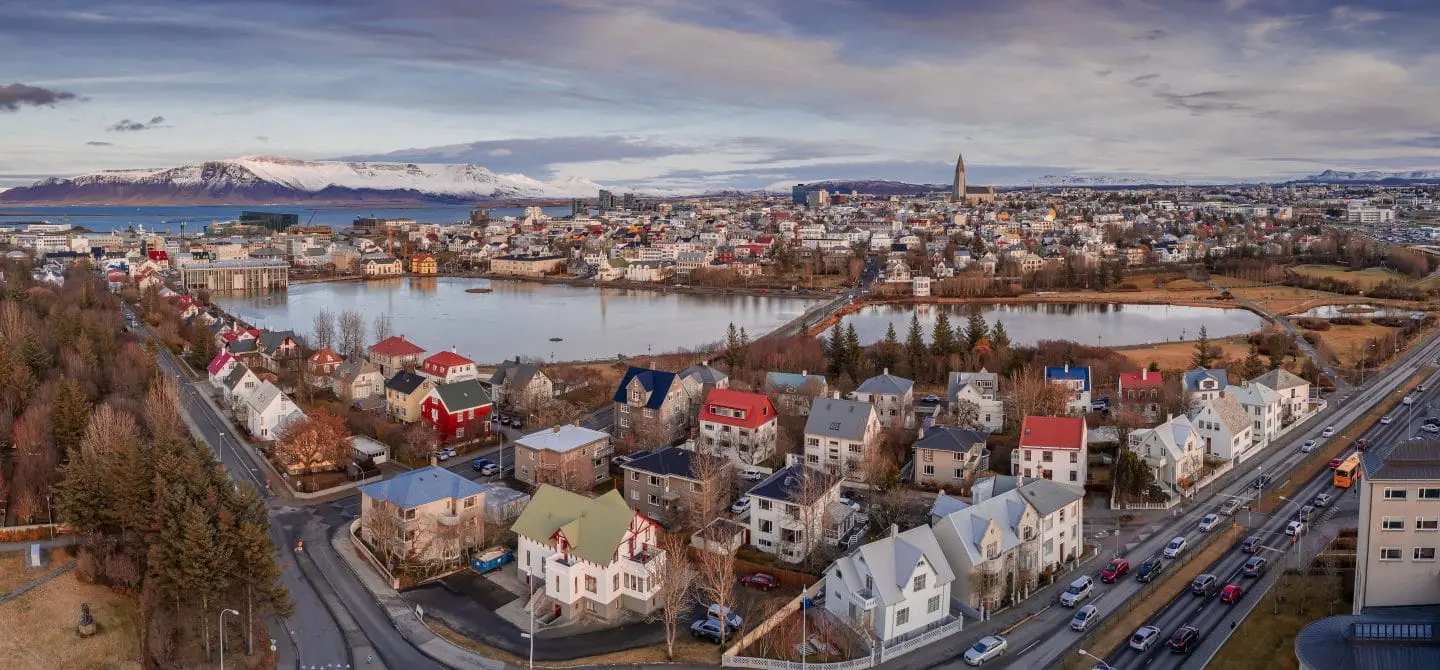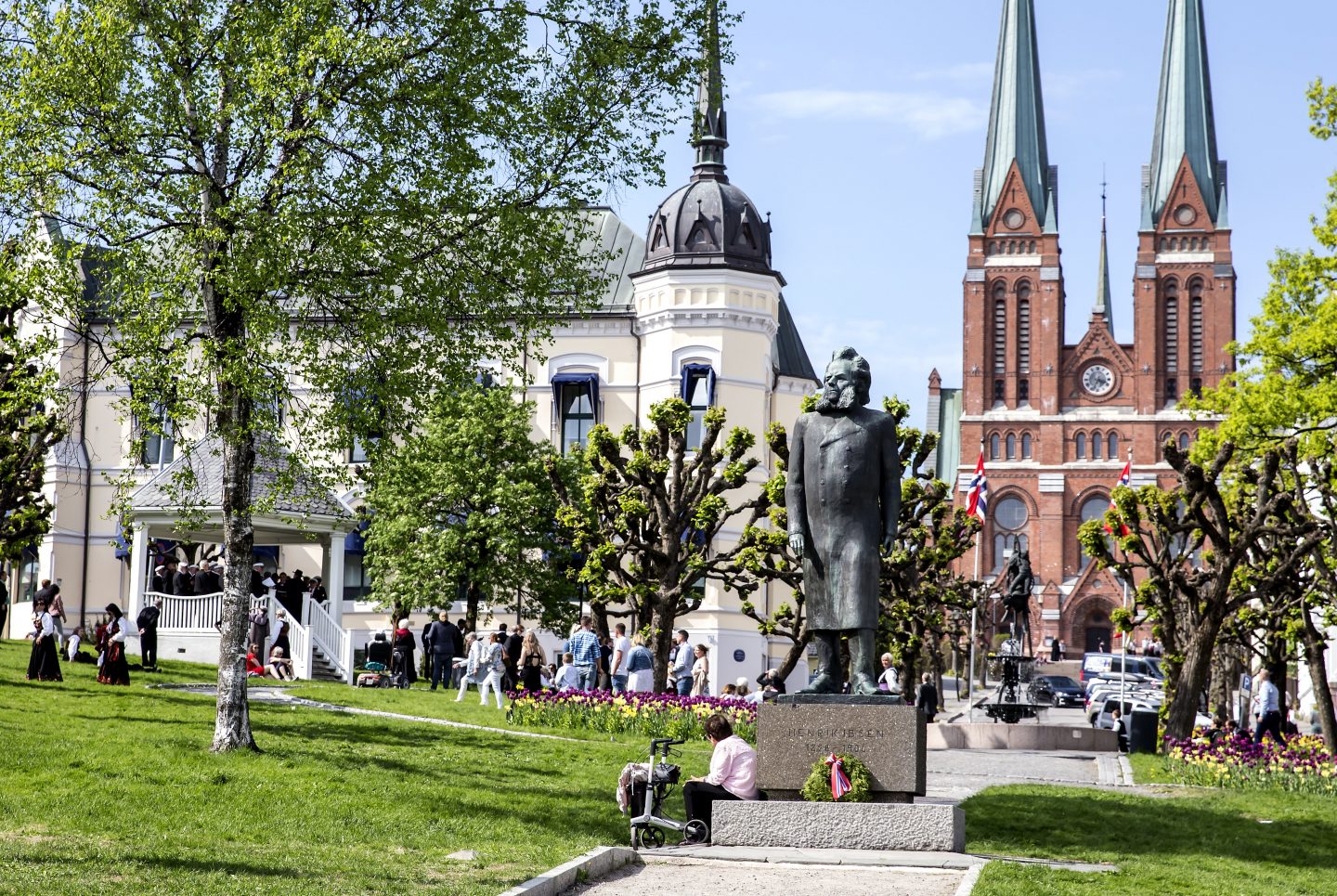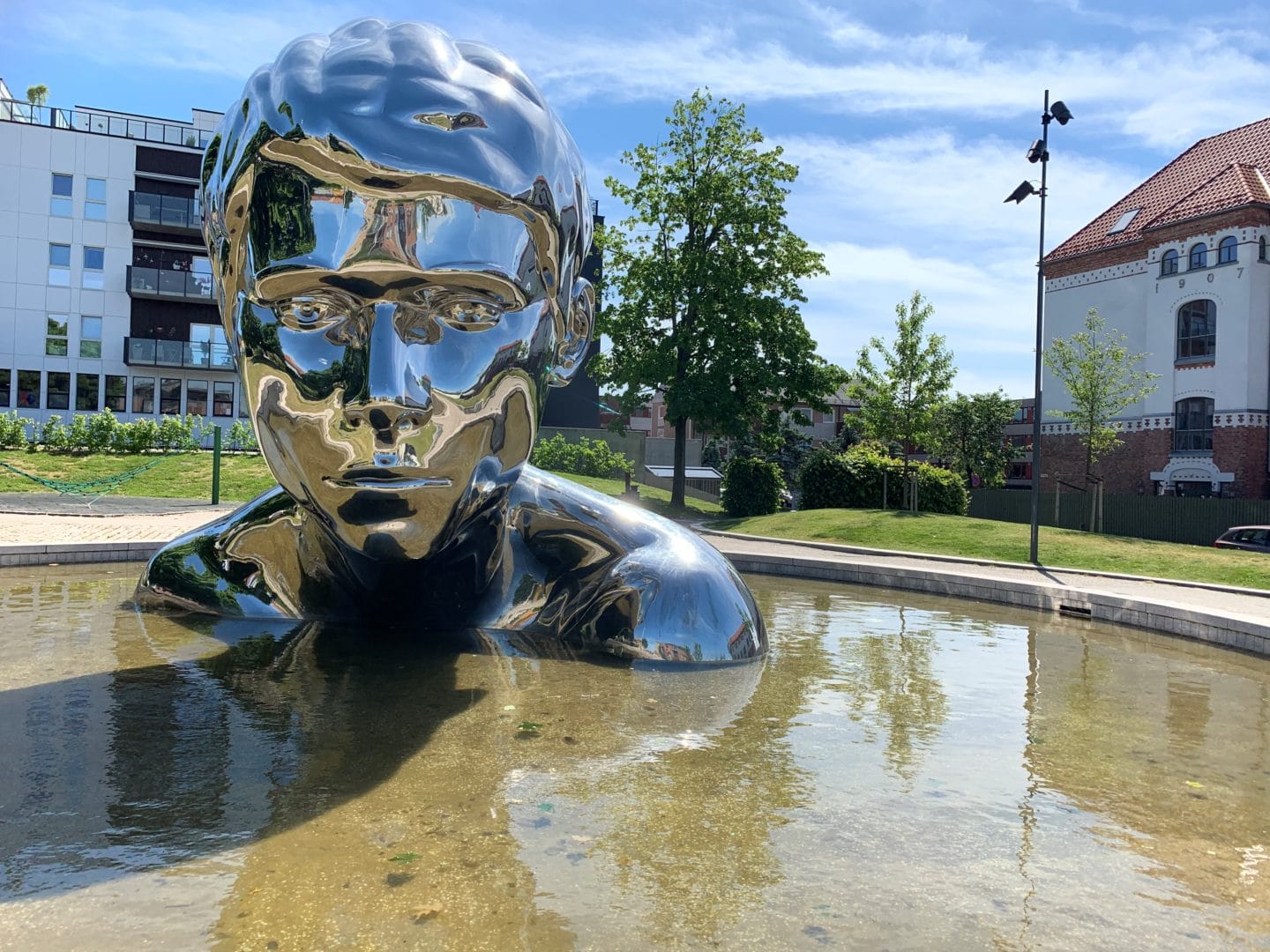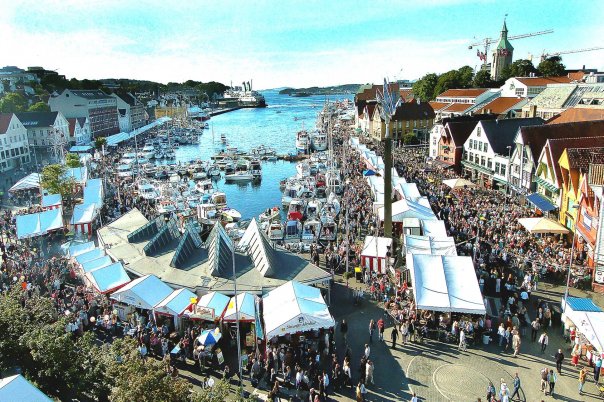Safe City Action

Reykjavík and Nordic Safe Cities investigates the need and usefulness of initiating the first designated strategy and action plan for the prevention of extremist violence and hate in Reykjavík.
City Portrait
Reykjavík is the capital of Iceland and has the largest population, with 128.793 inhabitants. This means that 65% of Iceland’s population lives in the capital area, and 35% within Reykjavík City limits. The capital city serves as the centre of administration, commerce, culture and diplomacy and it hosts many national and international events and festivals. In Reykjavík, as in Iceland on the whole, there is a high level of labour force participation amongst both men and women, and the country proudly retained the top spot for gender parity for the 11th year running according to The Global Gender Gap Index. Reykjavik is a growing city with a diverse population, immigrants making up close to 19% of the population. The city consists of ten defined neighbourhoods that all vary in their cultural and socio-economic profiles. Reykjavik is a relatively safe city that generally suffers low level of violence, wherein very few incidents are connected to extremism.
Safe City Challenges
Current challenges include finding a balance between upholding the rights to free speech, while considering the protection and safety of the groups of people in the receiving end of hateful and extremist rhetoric. Reykjavik wants to strengthen the relationship and cooperation between the city and minority groups who are targeted by hate speech and possible physical violence, to prevent further extremist developments and promote inclusion of all citizens.

Strategy
Reykjavík city does currently not have designated strategy in place that directly address violent extremism and hate. Instead, Reykjavik’s strong human rights frameworks, anti-violence-and discrimination policies and action plans are employed in the prevention of violent extremism (PVE). Reykjavik is taking steps to further strengthen its knowledge base and the efficacy of the city’s preventative approach.
Focus Areas
The City of Reykjavik currently focuses on the following areas:
- Prevention efforts and community building with new residents and youth under 18
- Prevention of discrimination and hate towards immigrants and LGBTQ+ groups
- Coordination and consulting with civil society organisation on strategic planning
See more initiatives from the frontlines of Reykjavík below.
Good Practise
Committee and Action Plan Against Violence
The City of Reykjavík’s ‘Committee Against Violence’ is cross-sectorial and brings together city officials, the chief of police, civil society, the education and health care sectors. The committees’ main role is to create a platform for collaboration and to inform and advise entities within the city on working against violence and creating safer communities.
The committee oversees a 37-point action plan, and violent incidents that have occurred both within the city administration and the city as a whole have been addressed and responded to by The Committee Against Violence. The platform and composition of the committee ensures that any new challenges concerning violence, including violent extremism, can be addressed, proposals put forth and solutions put into action.



